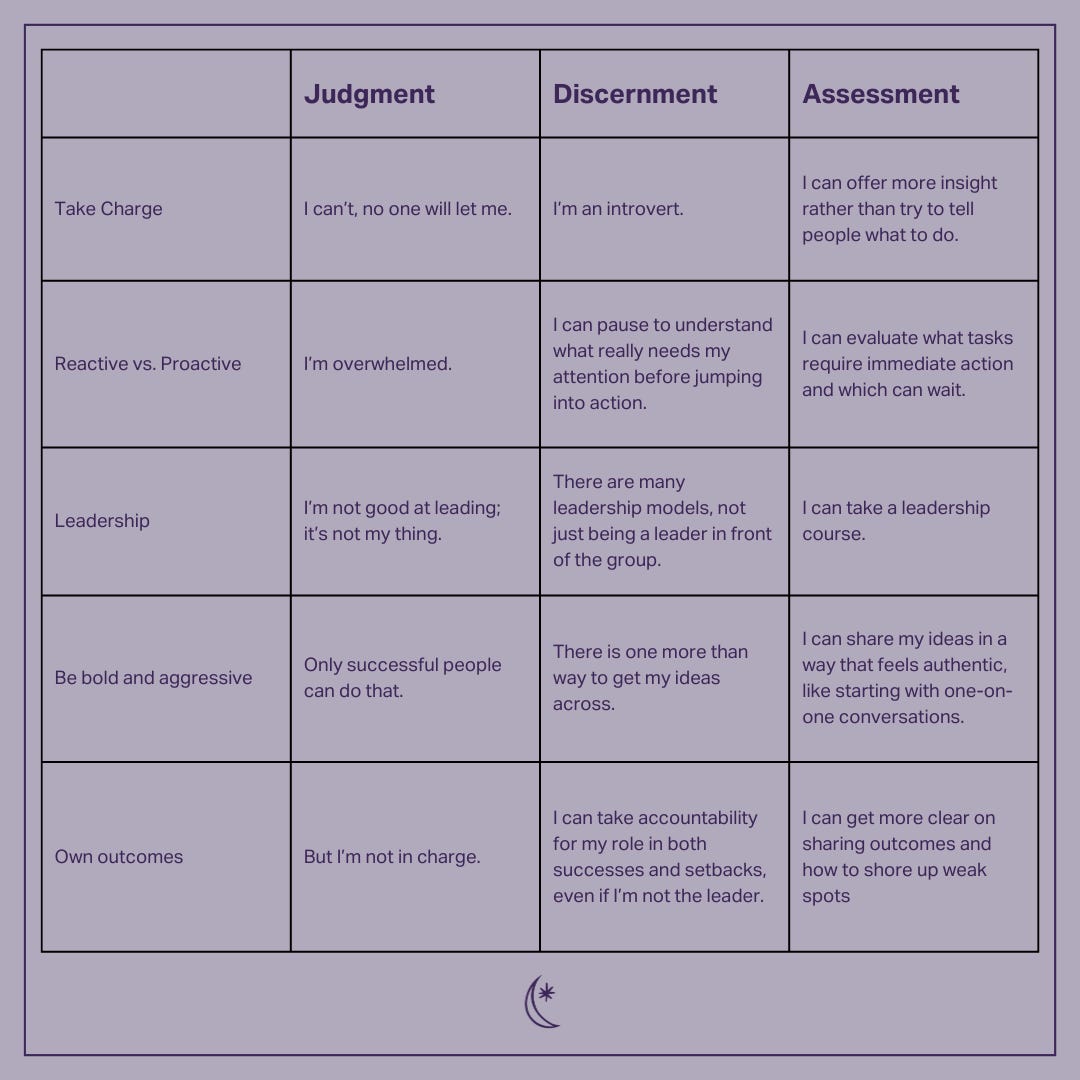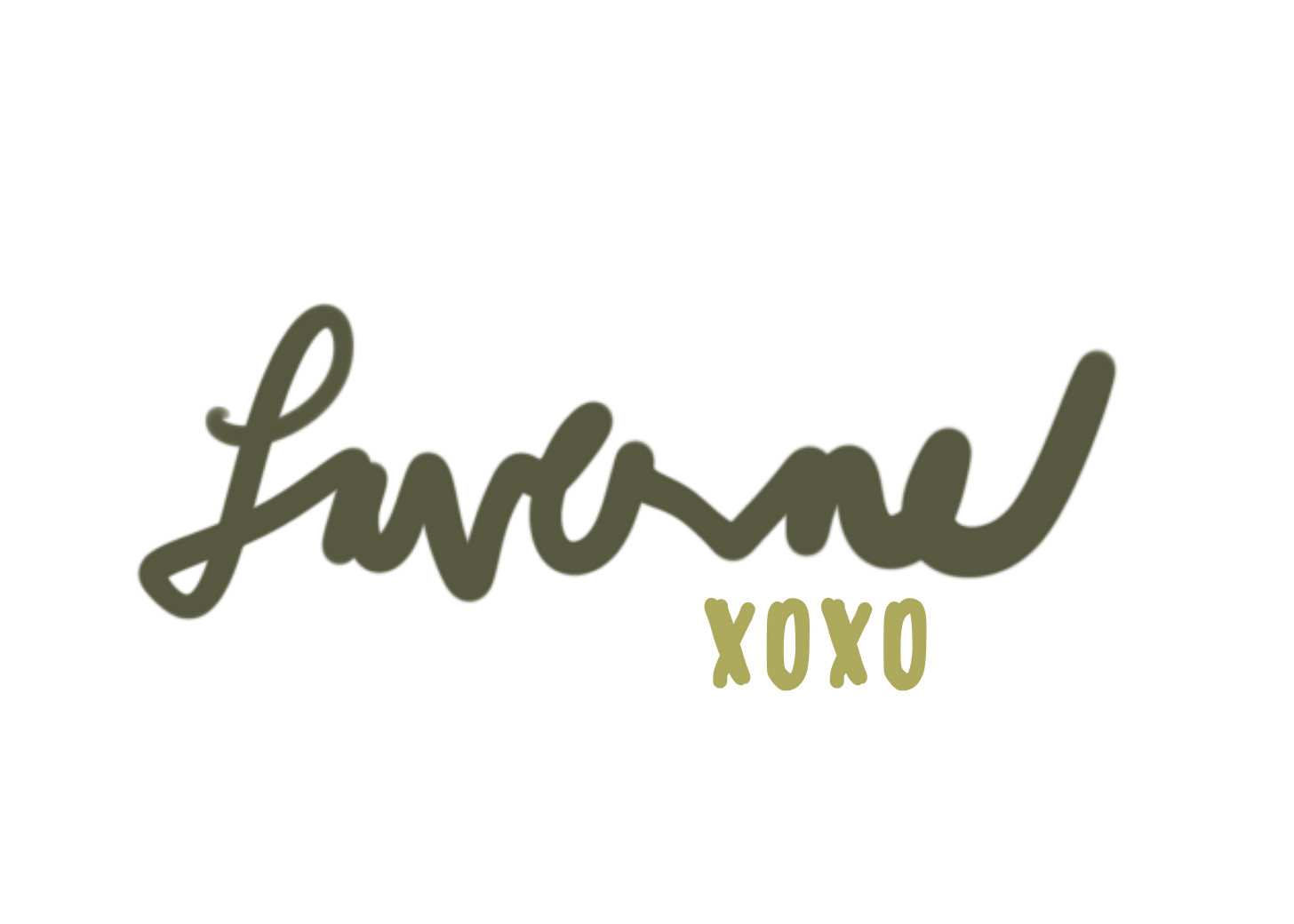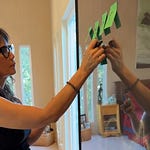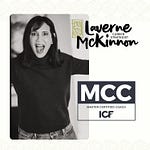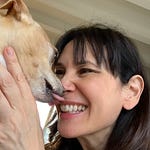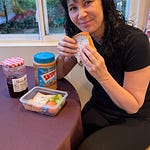Evaluating is part of being human whether it’s determining whether an email is good or bad, or a conversation is helpful or hurtful, or if a person is a friend or a foe. It’s how we survive—deciding what’s safe, what’s risky, and what needs our attention. But this survival skill has a downside. Sometimes, we’re so quick to judge that we miss what’s really happening. What if we could slow down and look at things with clarity instead of fear or bias?
There’s a subtle but crucial difference between judging, discerning, and assessing—and understanding these distinctions can empower us to make choices that align with our values, sharpen our goals, and increase our sense of self-worth.
Let’s break it down.
Judgment: The Danger of "Should"
Judgment happens when we look at something through the lens of “should.” It’s shaped by biases, other people’s rules, or ideas we’ve picked up along the way. It often comes with frustration, anger, or doubt. Think about the times you’ve said things like, “They should be more respectful,” or “I should have know better.” That’s judgment. It’s rigid, and it often leaves us uncertain how to move forward.
When we judge, we’re usually comparing things to a standard we didn’t set for ourselves. Maybe it’s what someone else thinks is “right” or “normal.” It’s exhausting, and it can keep us from growing or seeing what’s possible for us.
My client “Josie” has been a project manager for 6 years and has been working hard for a promotion. She’s put in the time and effort, so when her boss hired someone new with the same title—someone with more wins on their resume—Josie was blindsided and furious. “He should have told me how this hire would affect my role.”
Her frustration didn’t stop there. She couldn’t shake the idea that her boss should have already given her a timeline for her promotion. On top of that, she was worried the new hire might leapfrog her career-wise. She was becoming increasingly bitter and she could see how it was affecting her work, but was unable to stop ruminating.
In our work together, Josie unpacked these feelings and realized how much time she was spending on “should” thinking. Every thought focused on what her boss or the new hire should do instead of what she could control. Josie saw how judgment was keeping her stuck and that she had a choice.
Instead of judging her boss or the new hire, Josie decided to focus on what she could do to advocate for her promotion. She reached out to her boss for a meeting, not to vent her frustration, but to ask directly about her path to growth in the company. She shared her accomplishments and asked for clarity on what steps she needed to take.
By re-framing her judgment into curiosity and action, Josie felt more empowered.
Discernment: The Power of Self-Aware Choice
Discernment is about clarity and choice. It’s understanding what works for you while respecting that others might see things differently. It feels calm and curious, like saying, “That’s not for me, but I can see why they like it.”
At its core, discernment is about making wise decisions that align with your values. It requires stepping back, detaching from outside pressures, and choosing based on what truly matters to you.

This approach frees you from following someone else’s rules. It lets you confidently say no to what doesn’t fit and yes to what does. Over time, this builds self-respect and strengthens your sense of identity.
When Josie talked to her boss about her growth at the company, he gave her several suggestions to improve her chances for a promotion. He said she needed to take charge of a project and show she could be proactive. He also suggested she act like a leader by being more aggressive with her ideas and taking full responsibility for outcomes.
At first, Josie felt defensive. She felt like she was proactive and was a leader. After processing her feelings of being overlooked and undervalued, she chose to practice discernment.
Redefining "taking charge" on her terms: When her boss told her to take ownership of a project, Josie felt pressured to adopt his micromanaging style—constant check-ins and daily updates. Instead of mimicking his approach, she paused and used discernment to decide what leadership meant for her. Honoring her values of inclusion and equity, she asked her team how they wanted to track progress and implemented a system that worked for them. This approach not only improved team collaboration but also demonstrated to her boss that she could take charge in a way that reflected her strengths.
Turning fear into connection: Josie recognized that she was being reactive and passive around the engineers rather than proactive because she feared their judgment. Rather than trying to take the lead on group meetings and hounding the team, she focused on building rapport by scheduling casual coffees and lunches with the people she found most intimidating. Over time, these conversations helped her feel more confident and created stronger working relationships, which positioned her to be proactive in her own way.
Being bold: Josie’s boss’s suggestion to be more aggressive with her ideas didn’t sit right with her personality. Instead of forcing herself to act in a way that felt unnatural, Josie used discernment to find an approach that worked. She began sharing her big ideas one-on-one with key team members to build support and refine her messaging. By the time she presented to the larger group, she had already gained buy-in and felt more confident speaking up. This shift showed her boss that she could be bold without losing her authenticity.
Josie’s ability to use discernment transformed her approach to leadership. By redefining what it meant to take charge, building genuine relationships, and staying true to her style, she aligned her actions with her values while meeting her boss’s expectations. Over time, this positioned her as a stronger candidate for the promotion she was working toward.
Assessment: The Objectivity of Learning and Growth
Assessment is about stepping back to look at what’s really going on. It’s not about blame or comparison. It’s about being curious and figuring out what’s working and what isn’t.
When you assess, you might say, “I didn’t prepare enough for that,” instead of, “I’m terrible at this.” It’s practical and constructive. Assessment helps us improve without tearing ourselves down. It’s especially helpful in work, where every mistake can be a chance to learn instead of a reason to feel bad about yourself.
Josie used assessment to take an honest look at how she approached her role. Together, we worked through a chart to evaluate her patterns, opportunities, and strengths. Instead of being stuck in self-criticism or overwhelm, she identified practical ways to improve. For example, she shifted from thinking “I can’t take charge because I’m an introvert” to realizing she could offer valuable insights rather than trying to tell people what to do in a public forum.
Putting It All Together
So, how can we use these distinctions to support our growth?
Recognize Judgmental Thoughts: When you notice thoughts full of “should” or phrases like “That’s dumb” or “They don’t know what they’re doing,” pause. Ask yourself, “Is this truly aligned with my values, or am I comparing this to an external standard?”
Cultivate Discernment: Start by clarifying your own values and preferences. Practice making choices based on what feels right for you, rather than what you think others would approve of. Discernment is a skill that strengthens over time; the more you use it, the easier it becomes to make empowered decisions.
Practice Objective Assessment: When reflecting on your actions or evaluating a project, aim to observe without judgment. Focus on what worked, what didn’t, and what you learned. Remember that assessment is about gathering data, not assigning blame. Over time, this approach builds resilience, as setbacks become learning opportunities rather than evidence of failure.
Bottom Line
Learning to differentiate between judgment, discernment, and assessment can have profound impacts on both our personal and professional lives. Judgment keeps us stuck in cycles of comparison and frustration, often anchored to other people’s standards. Discernment frees us to honor our own values and make choices that truly align with who we are. Assessment allows us to evaluate our progress objectively, fostering growth without damaging self-esteem.
Next time you find yourself critiquing a situation, pause and ask: Am I judging, discerning, or assessing? Each approach offers a different lens through which to view the world—and choosing the right one can make all the difference in moving forward with clarity and confidence.
Journal Prompts
Here are three journal prompts to help you work through the tool of judgment, discernment and assessment.
Judgment: Think of a recent situation where you found yourself thinking, “They should have done this differently” or “This isn’t how it’s supposed to be.” What specific standards or expectations were you comparing it to? Were they your own, or did they come from someone else? How might letting go of those “shoulds” change how you feel or respond?
Discernment: Write about a decision you recently made that felt fully aligned with your values. What helped you make that choice? Now think about a time when you felt conflicted or uncertain about a decision. How could clarifying your values help you find a clearer path forward?
Assessment: Choose an area of your life—work, relationships, or personal growth—where you feel stuck or unsure. Without blaming yourself or others, list what’s working well, what’s not working, and what could improve. How can you use this information to take one small, meaningful step forward?
What’s Coming Next Week
Feeling stuck between where you are and where you want to be? Next week, we’ll explore how to identify what’s creating that gap, manage the stress and anxiety that comes with it, and take simple, actionable steps to move forward. Whether it’s a career goal, personal milestone, or life transition, I’ll help you close the distance and start fresh.
🙌🏾 Questions? Would you like additional support in accessing resilience? I offer private coaching sessions as well as in-person and virtual group work. Reach out directly here to set up a complimentary consultation.
If you’re resonating with what you’re reading, please consider becoming a paid subscriber. What’s that mean?
You’ll receive weekly blogs with tools and resources to help you reconnect with your resilience after experiencing a professional loss or failure so you come back even stronger in your career.
These newsletters are available to read, listen or watch — I’m a big believer in accessibility for all. You can also listen on Apple Podcasts or Spotify. You can also watch on YouTube.
Be in conversation with me and a beautiful, supportive community through comments, threads and chats.
Access to the full archive of posts.
Early bird 20% premium discount for in-person workshops and retreats.




